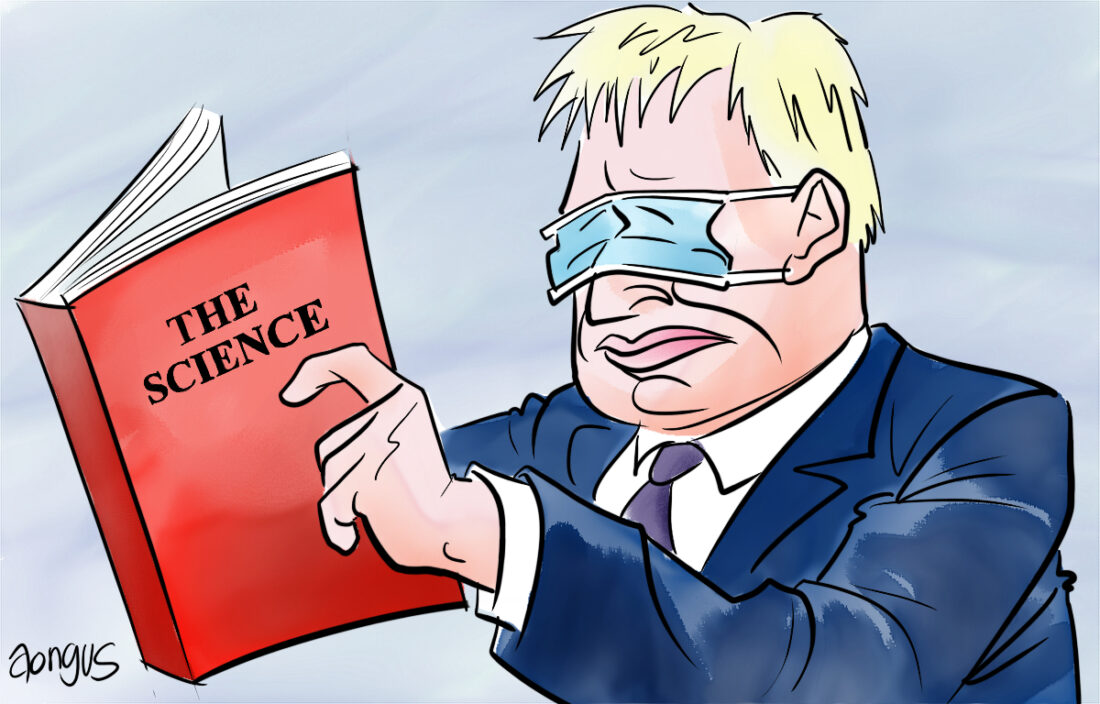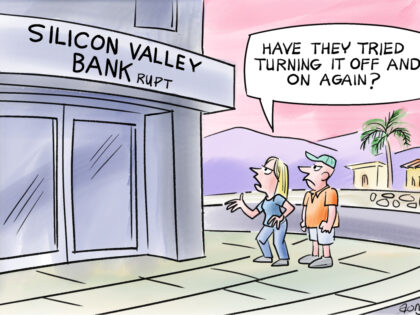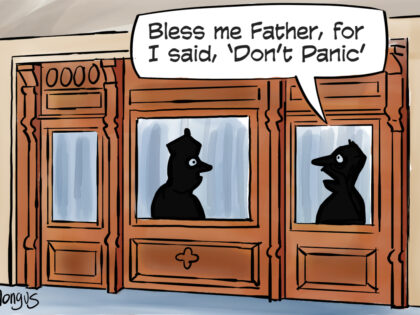
Leadership: Why a CEO should not lead in a crisis
In a crisis, a key factor for successful management is a clear line of command. Simply, everyone must know who the leader is. This is not a time for debate or second-guessing. A crisis is a battlefield and there must be military discipline in the chaos.
With the Covid ‘battle’ now over, it is time to see who were the victors and who were the losers. Take two extremes: Sweden which had no lockdown and the UK which had three legally-enforced lockdowns.
Now that the numbers are in, it would seem that the Swedes had about half the number of overall deaths compared to the UK. The key word is overall, not just from Covid.
Why? The answer is simple: clear and strong leadership.
So who should lead an organization in a major crisis? The Chief Executive, of course, is the obvious and ‘go to’ answer and it is wrong. Very wrong.
Sweden has a Prime Minister (CEO) and he did not lead the crisis. Instead, it was led by the Chief Epidemiologist, Anders Tegnell.
Britain’s then Prime Minster, Boris Johnson insisted on managing the crisis personally and came very near death after he caught the virus himself.
In Stockholm, Tegnell led the press conferences with his scientists. In the UK, Mr Johnson was centre stage surrounded by his scientists.
In the UK, the politicians claimed they were led by the science; in Sweden the science and the scientists led.
So, how do you tell your CEO that, if there is a crisis, he or she will not be leading it? When a crisis hits, their instinct is to jump on a white horse, wave a sword, and rush at the enemy. (This is called the Napoleon strategy and it is very dangerous.)
All crisis procedures, especially the role of the CEO, must be agreed on in advance – it is vital that the CEO signs them off.
In Sweden, the constitution gives all powers to the Public Health Agency. Of course, the prime minister and others were kept informed but they played no part in the daily press conferences which were led by Tegnell and his scientists.
In the UK, the politicians took control and, as a series of 100,000 WhatsApp messages now reveal, there were a number of other agendas running as well as internal squabbles.
The key crisis management lessons from the pandemic are: prepare well; decide who the leader is; and then get out of the way and let them do their job.
Have a good week.
Tom


